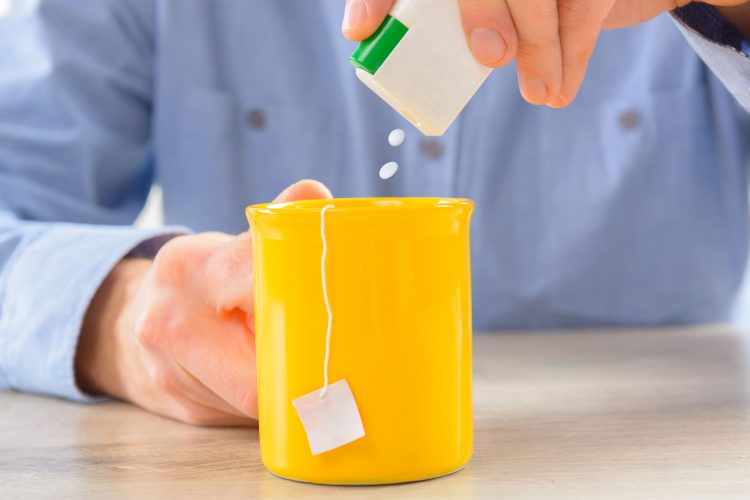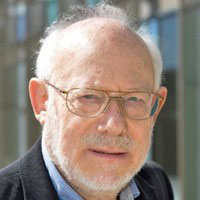World’s most popular artificial sweetener must be banned, say experts
- Like
- Digg
- Del
- Tumblr
- VKontakte
- Buffer
- Love This
- Odnoklassniki
- Meneame
- Blogger
- Amazon
- Yahoo Mail
- Gmail
- AOL
- Newsvine
- HackerNews
- Evernote
- MySpace
- Mail.ru
- Viadeo
- Line
- Comments
- Yummly
- SMS
- Viber
- Telegram
- Subscribe
- Skype
- Facebook Messenger
- Kakao
- LiveJournal
- Yammer
- Edgar
- Fintel
- Mix
- Instapaper
- Copy Link
Posted: 11 November 2020 | Bethan Grylls (New Food) | No comments yet
Two food safety experts have called for the widely used artificial sweetener, aspartame, to be banned in the UK and questions why it was deemed acceptable in the first place.


Should we ban the the world’s most widely used artificial sweetener? Leading food safety experts, Professor Erik Millstone and Dr Elisabeth Dawson believe we should, and are calling upon UK Government to do exactly that.
The EFSA’s assessment of aspartame
In 2013, the European Food Safety Authority (EFSA) published an assessment of the risks of aspartame, more commonly known as Nutrasweet, and cleared it for consumption within the EU.


Professor Erik Millstone
Prof Millstone and Dr Dawson’s warning comes as new research from the University of Sussex Business School revealed that European regulators approved aspartame despite accepting 21 studies that showed it could have an adverse effect on consumers.
From a process of elimination, Prof Millstone and Dr Dawson believe that of those 21, five only indicate harm at very high intakes of aspartame, but the remaining 16 indicate a risk of harm from moderate intake.
The experts are now requesting that EFSA explain why it did not ban aspartame or tightly restrict its use in food and drink products in light of the evidence it considered.
At the same time, the duo is also urging the UK Government and Food Standards Agency to use incoming post-Brexit powers to ban the use of aspartame in the UK in 2021.
“The more we learn about the EFSA decision approving aspartame, the more unanswered questions emerge,” said Prof Millstone, Emeritus Professor in the Science Policy Research Unit at the University of Sussex Business School.
“It is incumbent on EFSA in the interests of transparency and protecting public health to provide a detailed breakdown of the studies, and references to the papers, which underpin the new information we have recently learned about their decision in 2013.
“If the EFSA accepted this substantial number of studies indicating possible risk of harm, why did the panel not lower its Acceptable Daily Intake below 40 mgs/kg of body weight?
If proposed ban on off-shelf promotions goes ahead, £3 billion could be wasted
“Government ministers have said on occasions that once the UK has fully departed from the EU, we will be able to raise UK food standards. The banning of aspartame would be a significant opportunity for ministers to show they are serious about those promises.”
The duo offered a stark reminder, highlighting that warnings around consuming aspartame date back to 1977, with links made to brain lesions, cancer and neurological disorders.
Research into the risks of aspartame
Last year, Prof Millstone and Dr Dawson provided evidence that the 2013 EFSA ruling had deemed all 73 published studies that produced evidence of aspartame’s harm to consumers as “unreliable”, while more than 80 percent of the 81 studies that produced no evidence of harm were considered reliable.
In response to Prof Millstone and Dr Dawson’s critique of the EFSA’s assessment, George Kass and Federica Lodi of the EFSA argued that the agency had actually considered 21 of 37 studies that indicated harm as reliable.
The Sussex duo believe that the 16 studies which they claim showed adverse effects at modest dose levels should have led the EFSA to ban aspartame or, at the very least, impose significantly tighter restrictions on the quantities of the sweetener that could be consumed.
The academics’ challenge to the EFSA has just been published in a paper in Archives of Public Health, available here.
Related topics
Food Safety, Ingredients, Regulation & Legislation, Research & development, The consumer
Related organisations
European Food Safety Authority (EFSA), University of Sussex Business School









